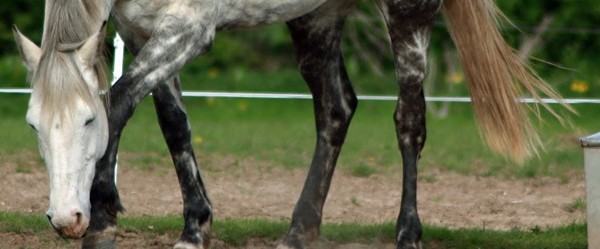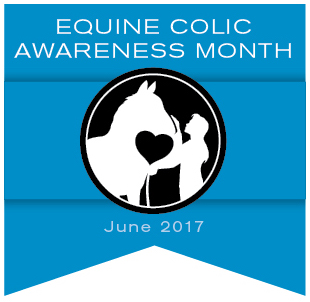By the time a horse is refusing food, biting its sides, or rolling in pain, you already have serious problem. At that point, you’re in crisis mode working to minimize the damage. But what if you could recognize a horse at risk for colic and address the issue before it progressed that far?
There are a variety of signs that will indicate that your horse could be at risk for a colic episode. First and foremost, get to know your horse! Know its habits, including how it eats and how often and where it manures. Know its attitudes and responses and personality. These will be the earliest warning signs that something is off. Also, be familiar with the outward behaviors that signal a serious issue.
| Clinical signs of colic
These are the signs that something is seriously wrong with your horse and you need to call the vet right away. Learn to recognize the clinical signs of colic >> |
Signs Horses are at Risk for Colic
Attitude, training, and behavioral issues can sometimes signify the early stages of a digestive problem in your horse. Learn to recognize a horse that is at risk for colic >> |







